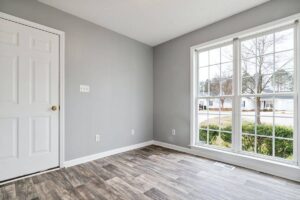Home additions are an exciting and dramatic enhancement to your lifestyle and home. No one should have to lose sight of that excitement by worrying about who to hire for their home addition. There are great contractors out there and yes, there are not so great ones, but you can use this guide to help you hire the right contractor for you. A contractor who will finish the job, get it right, and in a timely fashion.
How to start your home addition project
The first step in bringing your idea of adding to your home to fruition, is to hire a general contractor. Though you may have some rough ideas of where to add to your home that makes sense to you, a general contractor will have the experience and knowledge to know your options and what can benefit the most and be most cost-effective or what can truly allow the amount of space you’re looking for and what to use it for. This can all seem overwhelming and uncertain until you do hire that company.
How to find a general contractor for your home addition
Now that you know what you have to do, it’s time to look for a contractor! There are many sources to turn. If you have someone who comes highly recommended from a friend or family member, this can help tremendously. After all, you will have personal anecdotal information plus you can see their work in person. This is clearly very helpful. But many people don’t have that option. In fact, most do not.
Therefore, the next best way to look for a contractor is to go on Google, Yelp, and other sources like Home Advisor, Houzz, Thumbtack and Buildzoom, to start researching contractors.
How to narrow down some contractors from online sites
On google, you normally can search “general contractors near me” or “home additions near me” and get a list of map contacts. Most likely the first page will have a lot of the lead sites like Yelp and Home Advisor (Angi), which you can explore, but if you look at the google maps area, it will list actual contractors in your area. Expand the list so you can see more than three and check out the options you have. Many of the options are likely kitchen and bath contractors, but you should see many general contractors there too, normally they have the word “Construction” or “Remodelers” or “Builders” in their name.
Some general contractors are designers or architects or builders. Some are actually salesmen who subcontract everything, but they have the construction knowledge and experience. The only way to sort of get an idea is to read reviews carefully, call and inquire, or meet with them in person.
Some contractors will require a fee to come visit and do an estimate, due to gas prices and the amount of time it takes to visit, and bid a project, especially a bigger project like an addition. It also helps them to weed out the type of customers who are just looking for numbers and kicking the tires. But other contractors will offer this for free since winning the bid is definitely rewarding.
Meeting your contractor and what to ask
When you meet your contractor, they will need to come and look over your space, do some preliminary measurements and discuss your needs. The first thing you want to do is describe your needs and really discuss all the things you’re trying to do and why. This helps the contractor know why you want the addition, and how it should function to enhance your space and life.
Some general questions to ask are how long they’ve been in business, what types of projects they do, if their website didn’t display it adequately, maybe ask for some samples if they can provide, as well as what options and how they envision your idea and how it could work. This way you can have a discussion and narrow down at least one or two options that really sound good to you. Really take the time to understand and feel out how that could work for you.
Getting your home addition estimate
The next step is the contractor will send you an estimate. This will not include plans and designs normally, as this is a labor intensive and a job in itself to actually design your plan for you. After all, you could take that design and go to someone else. The design a contractor creates for you is proprietary and due to their hard work figuring out the space, dimensions and decisions for where things go. They can give you an idea of what option they are seeing or a couple different options, and then they will give you a number for that.
Generally, contractors work out their numbers to a certain price per square footage for the rough work, and then work out a number for the finishings on top of that. Once you see that, you can better determine what option you might like or if you liked or trusted the way they presented it.
What pitfalls to look out for
You heard the average price per square footage is $400-700 and yet your bid is an amazing $250 per square foot, but if you sign today, they can do $225. This can seem awesome, but this is most likely a big red flag. In the construction business, there are many that will take advantage of homeowners, offer a sweet deal, and once in contract, will start doing a number of things you will not appreciate. One of those, is claiming they need more money to get this and that done. And at the end of the day, you will realize, they didn’t really bid it correctly and the price they put was unrealistic. Honestly, this is the better outcome of two even worse outcomes.
The second even worse outcome is they ask you for more money of which you don’t actually have because you budgeted exactly what they priced, and you have no more. And also, ethically you don’t appreciate that suddenly the price changed so you refuse to pay any more, as you probably should. So, it’s possible at that point, the contractor will completely bail on you and ghost you. Now you have to start over and hire a new contractor, and many reputable contractors refuse to pick up a project mid-way due to potential liability for previous defective work. For more information you can contact us.
Will they cut corners
And then the worst scenario of all is that they do the work, but they cut every corner imaginable by hiring very cheap labor, they use the cheapest materials possible, and do not really do things correctly, despite inspection. They breadcrumb you, which means they only show up sometimes, and the project ends up going months and months past its relative estimated timeframe. Inspection points are meant to check major things, but they might also overlook a lot of smaller details of which after a year or two will become very important.
Even in new building houses, often work is not done according to the best standards and the materials bought are the cheapest possible. These sorts of problems can easily be avoided! How do you avoid it? Expect to pay what is the industry average or standard for your addition. Do not try to go cheap. This doesn’t mean pay for the top of price because that may not be feasible. But the old adage you get what you pay for, is rarely wrong.
Choose a competitive price, not a lowball one
The issue is that general contractors actually don’t make a lot of profit on any one job. And the bigger the job, the tighter the margins and so the price per square foot that is standard is simply covering the proper materials and labor required. And no one can get windows for 1/4th the price that everyone else does. Or lumber, or roofing, etc. Within the industry competitors try to stay within a margin of each other and don’t veer far.
If I had a dime for every time I was called by a homeowner who went with a very cheap price on something we bid and begged us to fix all the problems that occurred, I could definitely go on a few vacations with that money.
Therefore, if you see a very low estimate, it’s probably a red flag.
Also make sure the estimate has some detail as far as what is being covered. It shouldn’t just say “Home addition – $400,000.00.” It should have a description of the process and outline what is covered for that $400.000.
Once you have an estimate you like
After deciding an estimate you like, do a little more research on the company. Read over their reviews again. If they have any questionable ones call the company and ask about them. See how they respond. Also see how responsive they are in general. If they get back to you only days later now, they will always be that way. You want a contractor who responds within the day.
You can ask for references but they could have you call a friend, so this could not be always the best way. Usually you should just get a certain gut feeling. You’ve determined they’ve been around for a while, had nice reviews, nice pictures, a professional website, they presented very honestly and well, you liked their ideas, they respond quickly and helpfully, they seem straightforward and not too pushy. Etc. You just get a feeling as a person. Your contractor will become like your best friend for the time they work on your project, so you better find someone you like!
This is the trustworthy quality that means your project will come out great and to your expectations or even better. Once you see your project come to life, it should be better than you can imagine. You should also feel comfortable to tell your contractor if there’s any slight modification you might want as far as finishings. Usually structurally you’re tied to the plan because that was what was permitted and finalized. Any change requires a whole new plan submittal. You can still do that, but just expect it will add expense.
Contracts and getting started
Now that you’ve decided, give your chosen contractor a call, and say you’d like to move forward. At that point, they will send a contract to sign or bring one in person. It should have a payment schedule, termination clause, warranty clause, and description of work, at the very least. Read it carefully to make sure there are no points that are completely confusing or could get you in trouble. If you have a lawyer, it doesn’t hurt to run it by them for an hour’s pay, especially if some part of it didn’t make sense to you.
Build trust
You can request that they send you a copy of their liability insurance. Don’t be afraid to ask for anything that will help you feel secure and assured in your decision. You can expect to pay a certain deposit and starting pay to get the project started. Usually in California, a deposit of $1,000 is the max allowed for a general contractor to sign an agreement. And then once starting, they will determine an amount to pay up front, which will cover the architect/engineer plans and permit fees most likely. Expect the plan and permitting process to take at least 2-4 months. If you’ve already hired an architect/designer/engineer yourself and acquired the plan/permit already, then the first step with your contractor will be the foundation and then framing.
Building a home addition is exciting and it will be a game changer for your life. It’s a great way to avoid moving and dealing with a whole new mortgage and house, and yet making the exact house you want! We hope this guide on who to hire for your home addition will help you get started in building your new dream space.








